When
Wednesday 5th Feb, 2:45 pm
Where
Auditorium
Hashtag
#W17
Category
Research in science communication
Presenter
Tom Gordon
Abstract
Popular culture offers a variety of opportunities and avenues for potential tertiary students to become engaged in physics. These include programs such as “The Big Bang Theory”, or “The Wonders of the Universe with Brian Cox”, personalities such as “Dr Karl”, video games such as “Portal” and web comics such as “xkcd”. These pop culture products are generally not aimed at boosting tertiary enrolment but at entertainment, while still conveying some strong physics concepts and processes. There is anecdotal evidence to suggest that some individuals have enrolled in tertiary science degrees because of pop culture influences, and some historical increases in science enrolments have been linked to popular culture (notably the boom in university forensic science courses in the early 2000s, precipitated by popular crime television programs). But the reach and strength of pop culture’s influence on science enrolments has not been systematically studied, particularly with respect to physics.
The aim of this project was to examine the influence of popular culture on secondary students’ ambitions to enrol in tertiary physics. We surveyed secondary school students in NSW about what influences their subject choices. The survey considered pop culture influences such as television programs, video games, web comics, and more. In this presentation we will share some preliminary results, and discuss the potential for capitalising on popular culture to encourage further enrolments in tertiary science.











z